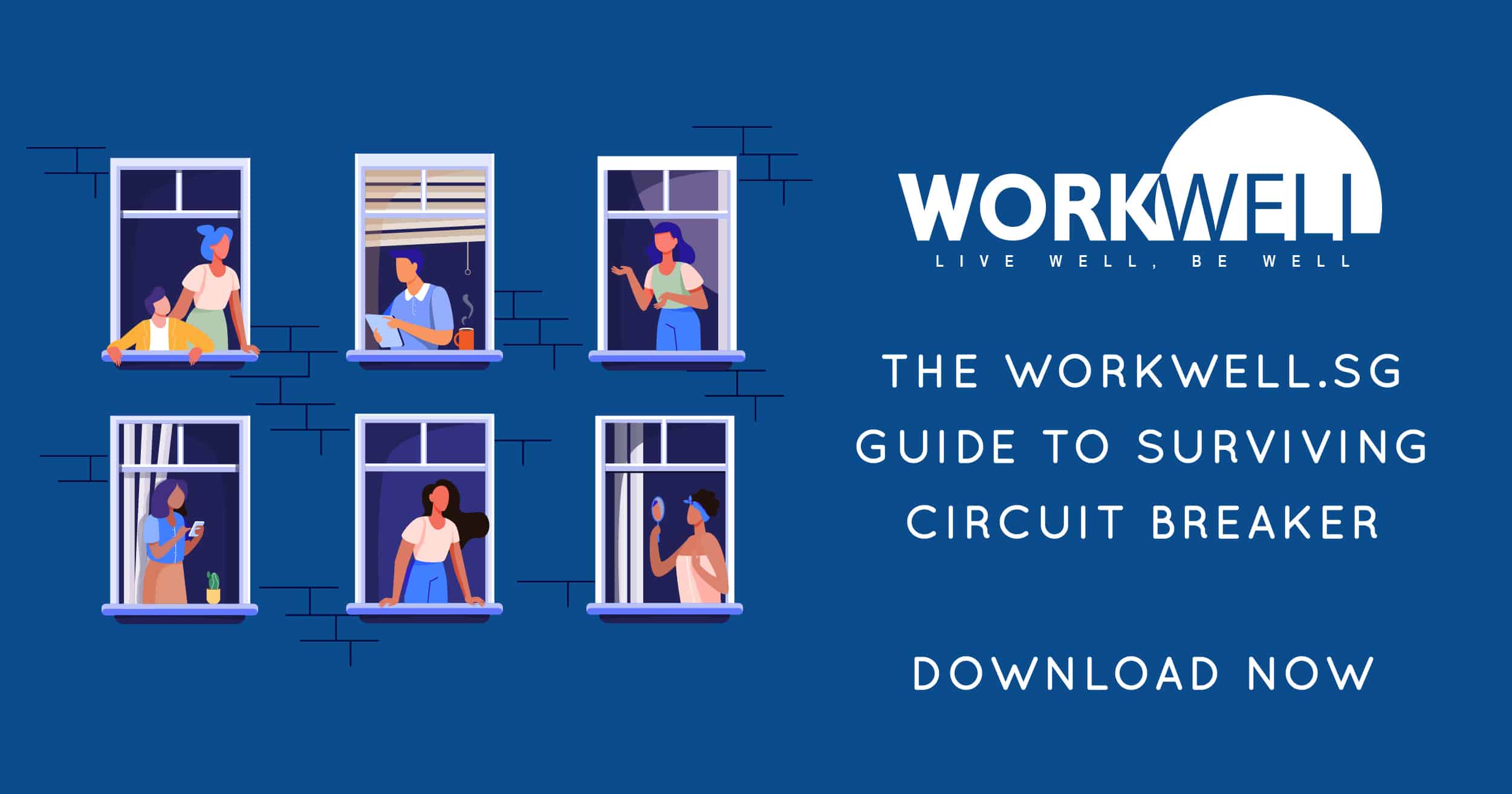Understanding Traditional Chinese Medicine

What’s older than our oldest living relative? The practice of Traditional Chinese Medicine (TCM)! It has been around for at least 2,500 years and amazingly, is still much sought after in the treatment of an array of illnesses.
Old is gold indeed.
“The Chinese culture belongs not only to the Chinese but also to the whole world.”
– Hu Jintao (President of the People’s Republic from 2003 – 2013)
Yin And Yang
The concept of “Yin” and “Yang” is the basis of TCM practice. This notion in Chinese philosophy centres on the principle that all things exist as inseparable and contradictory opposites – for example, shadows cannot exist without light. TCM concerns and focuses on the balance of one’s body and mind. The aim is to achieve harmony to promote good health.
May The (Life) Force Be With You
“Qi” or life force features strongly in TCM practice as well. It is based on the concept that vital energy flows through our body and illnesses are the result of blocked pathways, which impedes the flow of Qi. It may sound like science fiction for the unfamiliar, but many of those who have benefited from TCM would definitely say otherwise!
Benefits Of TCM
You’d probably have figured out by now that TCM practice is a coalescence of philosophy and medicine, which is perhaps part of the reason for its allure and to an extent, mysticism. This holistic approach has also influenced many western medicine practitioners who have integrated elements like acupuncture in the primary treatment and care of certain issues like myofascial trigger pain.
TCM has been used to treat a host of issues and conditions, which includes:
- Pain management – Neck, back, headaches, tennis elbow, arthritis and more
- Irritable bowel syndrome
- Insomnia
- Stress
- Depression and anxiety
- Infertility
While individual results may vary, the growth of TCM practices globally, including recognition by the World Health Organization (WHO), indicates that many people are turning to this age-old practice to address modern-day issues.
TCM At Home
Although certain elements of TCM like acupuncture should be left in the hands of qualified persons, there are others that you can practise at home. One example is nutrition. Nutrition is key when it comes to the wellbeing, and there are many TCM-influenced recipes that you can have a go at in the comfort of your own kitchen.
On the subject of food, TCM’s approach is often related to healing, and there are two categories under that heading – Food That Is Part Of A Typical Diet (such as carrots, celery, broccoli, pears and others), and Food And Herbs Prescribed In Certain Amounts (such as ginger, chinese barley and ginseng among others). The nutritional value of these foods may help address issues like headaches, indigestion and even stress, to name a few.
Workwell’s workshop on the foundations of Traditional Chinese Medicine is a good place to start if you want to learn more about the philosophy of TCM, as well as how it affects our health both of body and mind. During this workshop, you will learn the following:
- Basic Concepts of TCM
- How a TCM Physician diagnoses ailments
- Common TCM Treatments used
- Useful tips for common ailments and acupoint massage
Additionally, if issues like headaches constantly bother you, learn how to overcome them without the need for pills and such here.
TCM’s endurance and ability to stick around for a long time, despite naysayers and detractors, is arguably testimony to its efficacy. Suffice to say that it will long continue to exist!

